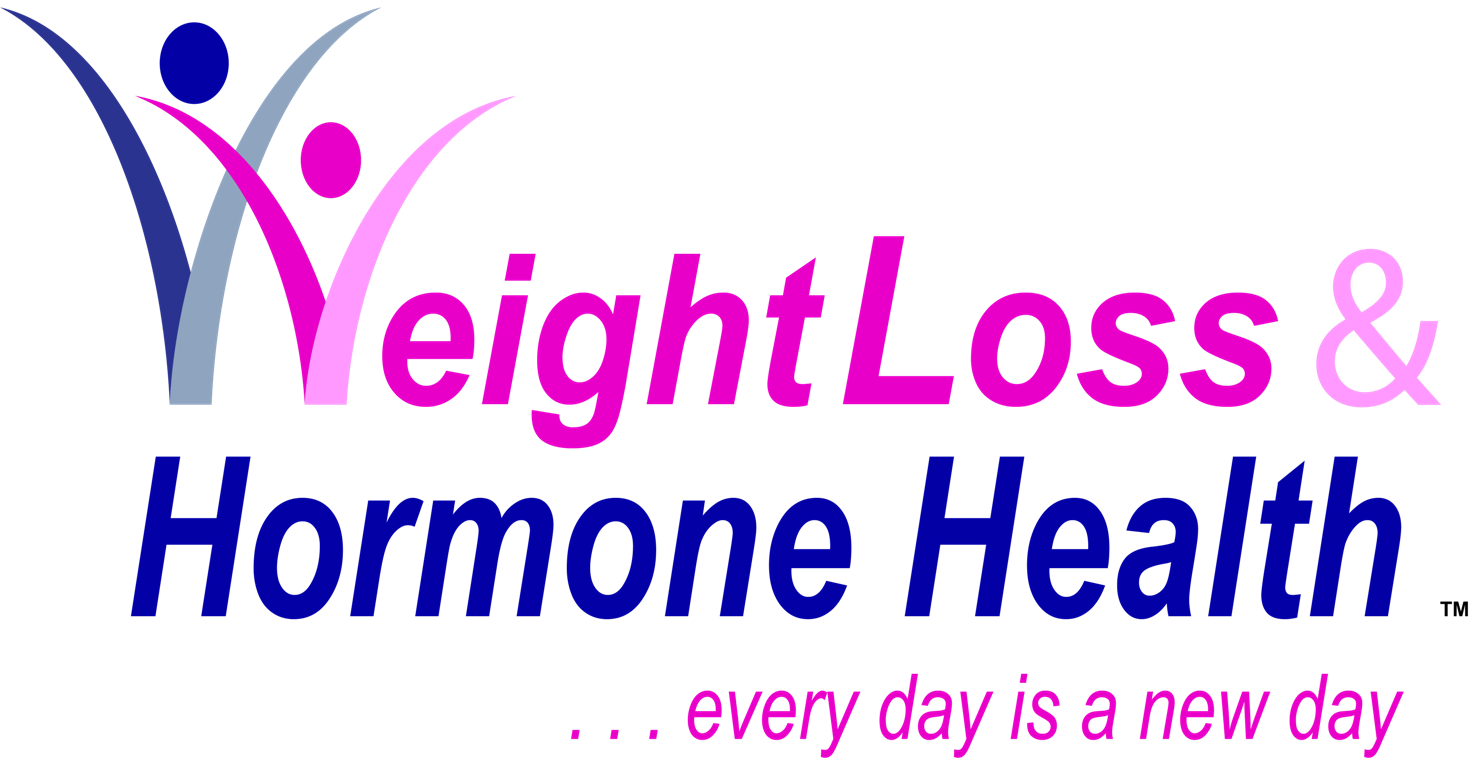
Male Hormones
Andropause is a term used to reflect the condition of Hypogonadism in men.
It is a deficiency state in which the hormone testosterone goes below the normal range for an aging man. This phenomenon typically begins in the late thirties or early forties. Symptoms of andropause include loss of libido, erectile dysfunction, nervousness, depression, impaired memory, inability to concentrate, fatigue, insomnia, weight gain, hot flushes and sweating.
Generally, a total testosterone level below 300 ng/dL from a morning serum sample (most accurate measurement) is considered low. Patients with borderline testosterone levels warrant a clinical trial of testosterone. Testosterone supplemental therapy is available in the form of topical gels, patches, troches, and injections. Testosterone supplemental therapy has been shown to increase a sense of well being, muscle mass and strength, and bone density in men.
It is also associated with a decrease in Leydig cells that produce testosterone. There are also external factors that can cause testosterone levels to fall; including certain forms of medication, poor diet, excessive alcohol consumption, illness, lack of sleep, lack of sex, stress, obesity, or surgery.
Male hormones are predominantly Testosterone and their levels start to diminish about 1-2% a year after age 35. Men and women have different symptoms when their hormones are not balanced, but weight gain can be a hormone symptom for both men and women.
